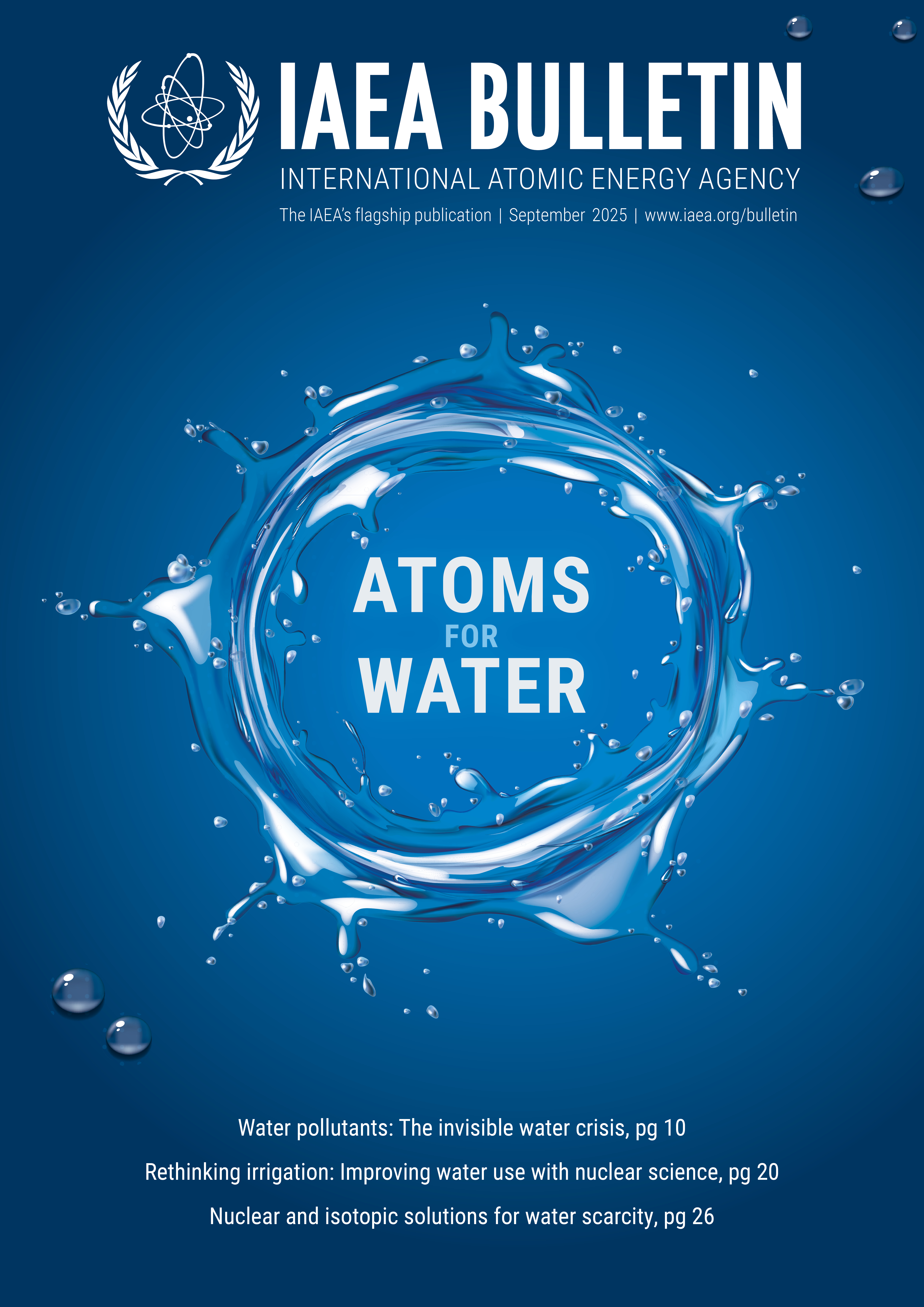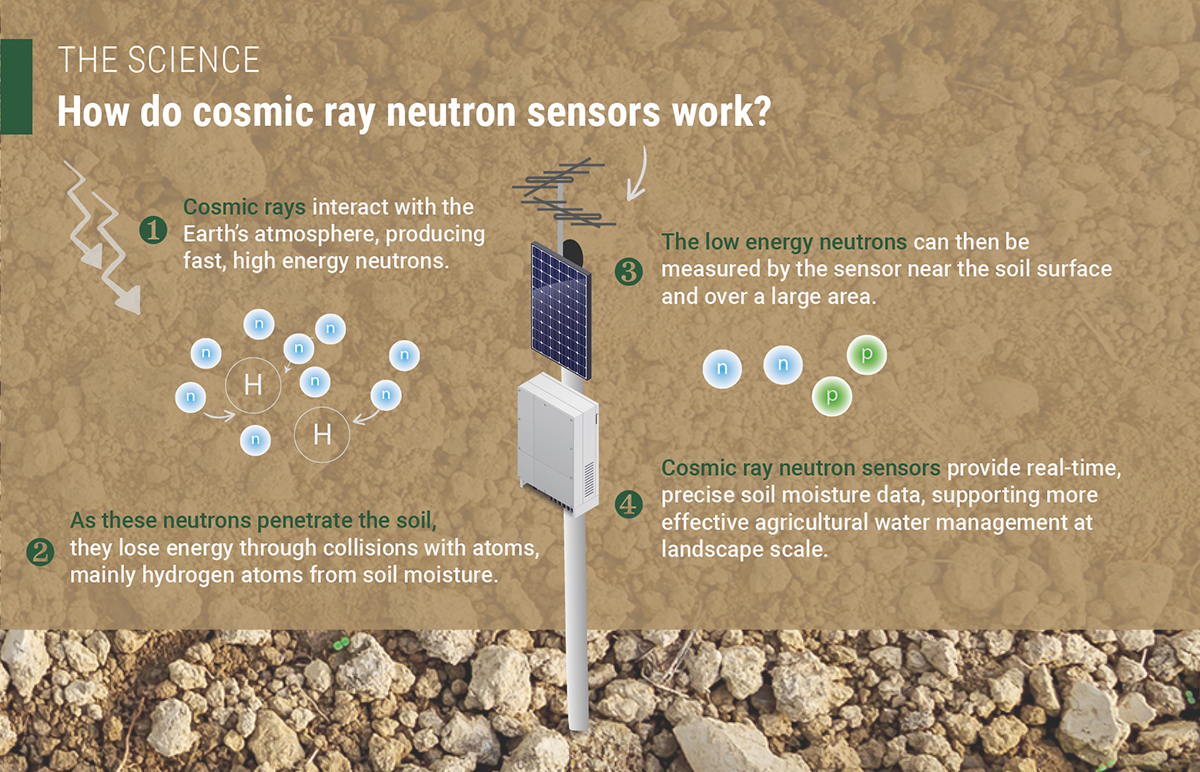Agriculture is the largest global consumer of water, accounting for an average of 70% of freshwater drawn from lakes, rivers and aquifers around the world. The sector places immense stress on water resources, threatening long term water resource management, which is critical for the health of communities, the environment and economies worldwide.
“With growing pressure on water resources, improving water use efficiency in agriculture is no longer optional but essential,” said Mohammad Zaman, Head of the IAEA’s Soil and Water Management and Crop Nutrition Section. “Science based solutions help farmers use every drop wisely while maintaining productivity and sustainability.”
Innovations in nuclear science and related technologies are enabling farmers to adopt climate-smart agricultural practices that save water, boost crop yields and build resilience to climate change.
The IAEA, through the Joint FAO/IAEA Centre of Nuclear Techniques in Food and Agriculture (Joint Centre), provides farmers in water-scarce areas with tools and guidance for smarter irrigation. This enables them to assess the availability of water as well as its movement in soil and uptake by crops, so that they can use it more efficiently.

